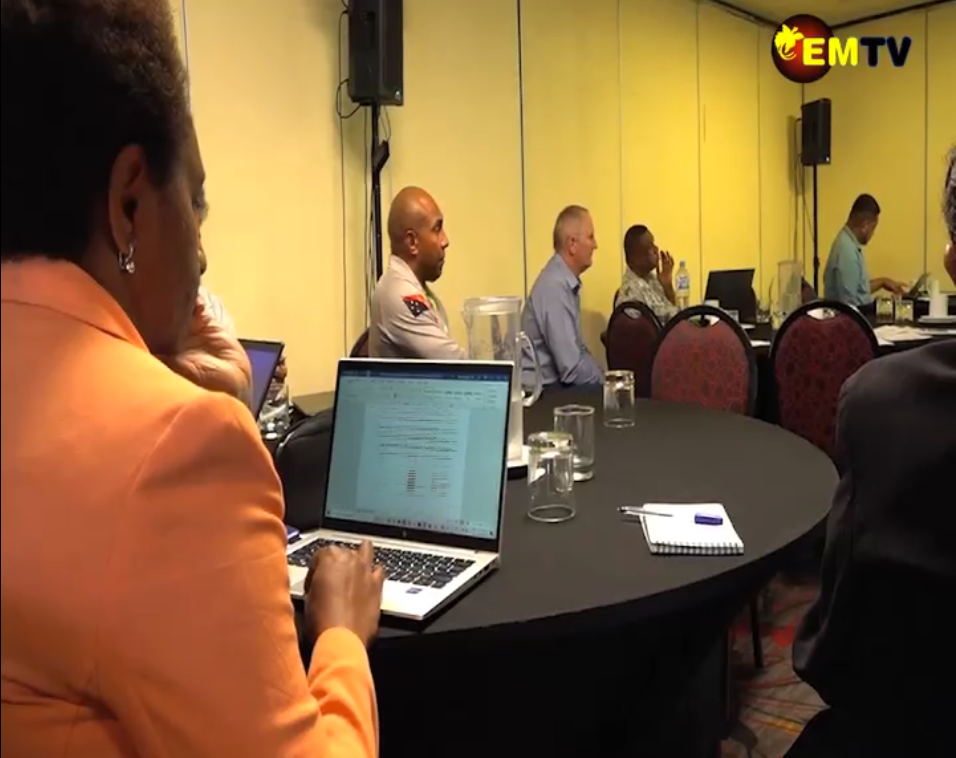Secretariat of the Pacific Regional Environment Program (SPREP) carried out a training program for various organizations that deal with waste disposal and waste management.
The programs was organized to strengthen the capacity of parties in the Pacific Region related to National legal and institutional framework, enforcement, prevention and combating of illegal traffic and trade in hazardous chemicals.
According to Joshua Sam Director for Pacific Regional Centre, Waigani Convention, the SPREP was mainly focused on three different conventions, which included the Basel, Rotterdam and Stockholm agreement.
Director Joshua Sam said the conventions are important for those companies that participated in the training.
“We tried to make sure that we mainly focus on illegal trade traffic in waste and chemical because it is slowly evolving in a concern” said Sam
He said that it is important for waste management companies to fully understand national legal and institutional frameworks to implement the conventions and waste in a regional workshop and a combination of face to face sessions running in parallel in participating countries with a regional online training.
Sam said “The other component of it is that we also engage a legal consultant to help work with PNG and to work with the office of the legislative council to draft legislations to help domesticate PNG’s responsibilities under the conventions”.
The training which saw companies deal with waste and capacity building, exercise legal framework and other areas such as enforcement, illegal trade and traffic, role of customs in the enforcement of the Basel convention identification of illegal traffic and the role of police.
Total Waste Management Director Kori Chan said it was really important to see that SPREP highlight areas of improvement when it comes to waste management.
“We want to drive awareness and education about international conventions that exists and particularly a country like Papua New Guinea where we are heavily industrialized when it comes to Pacific Island nations we turn to produce a lot of different waste materials, but we don’t have the facilities for it right now. The workshop is about understanding what the international conventions are, understanding the risks that are involved, understanding the potential penalties that are involved but also the processes. I think what’s highlighted is the importance of respecting our environment and making it a number one priority” said Kori.
He said it is important to understand the legal framework when dealing with waste management.
“From our prospective at TWM we have been sort of abiding by the international conventions, regulations and standards especially with the shipment of hazardous wastes off-shore. As a company we are also on a journey and I think it’s really important that private sector mixing with public sector to drive awareness and improvement in the system. As a company we are looking at introducing in country treatment and disposal and in that was it can help mitigate risk about reducing the amount of shipments of overseas carrying hazardous wastes” said Kori.
Kori added that it was also important to discuss the national experience of handling cases of illegal traffic in hazardous and other wastes, problems associated with chemicals in the pacific region, and capacity building initiatives which were deliberated throughout the training.


